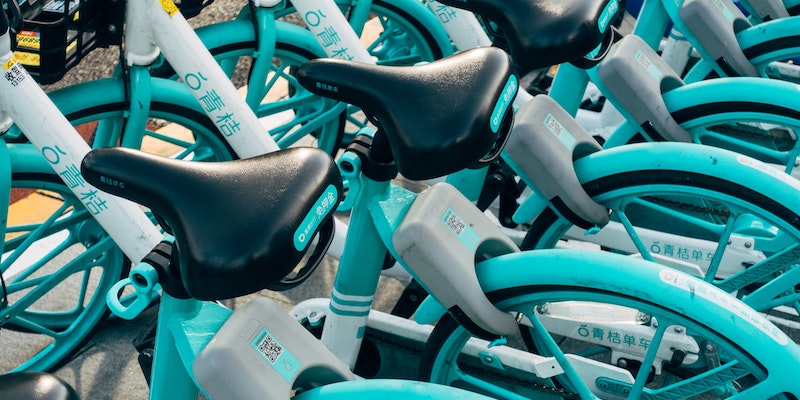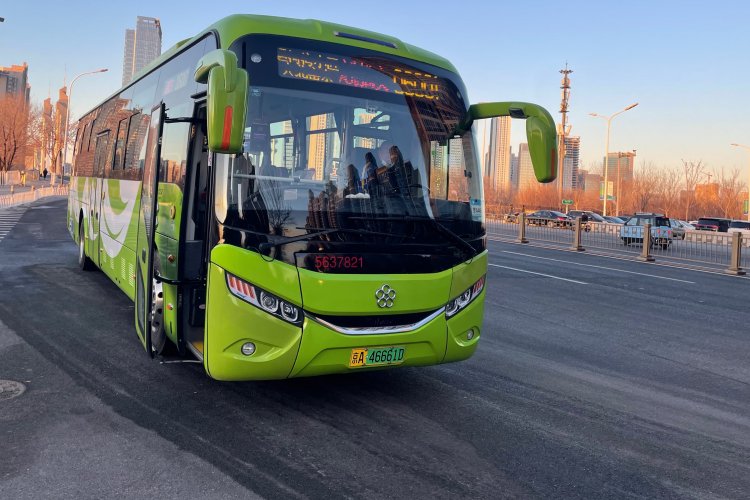800K Max: Beijing Sticks a Limit on Sharebikes in the City
Another year means another opportunity for Beijing to try and get its shared bike problem under control. Last Tuesday, Apr 13, Beijing Youth Daily reported that, according to the city’s Commission of Transport, shared bikes in the capital’s “central urban area” will be limited to 800,000 units this year, down from the 844,000 that were registered last year.
What’s more, they went so far as to put a cap on specific companies’ presence in Beijing’s central downtown area, ostensibly meant to “create an open, fair, competitive, and orderly business environment in the shared vehicle sector.” As such, Meituan Bike will be allowed to register 400,000 units, Hello Bike gets 210,000, and Qingju by Didi will max out at 190,000. Beijing Commission of Transportation went on to explain that these numbers will be evaluated on a rolling basis, and “adjusted based on transportation demand variation and bike companies’ service quality.”
With 844,000 shared bikes on the road last year, Beijingers took roughly 690 million rides in 2020, and daily averages increased by 13.4 percent year-on-year to reach 1.89 million.
It’s no secret that Beijing has a long and complicated relationship with shared bikes. As far back as 2017, Beijing’s transportation authorities announced that no more new bikes should be placed in the city. One year later, in May 2018, the capital decided to reduce the number of share bikes by 50 percent. A year after that, it was reported that 700,000 of Beijing’s shared bikes hadn’t been used in the preceding five months, equalling 37 percent of the total registered bikes in the city. In October 2020, folks busied themselves with debating the effects of shared bikes on the environment, and just earlier this year the city ramped up its efforts to control where sharebikes can be parked using the power of big data.
READ: Gassy Garbage: How Beijing Can Turn Its Trash Into Energy
Images: Markus Winkler (via Unsplash)







